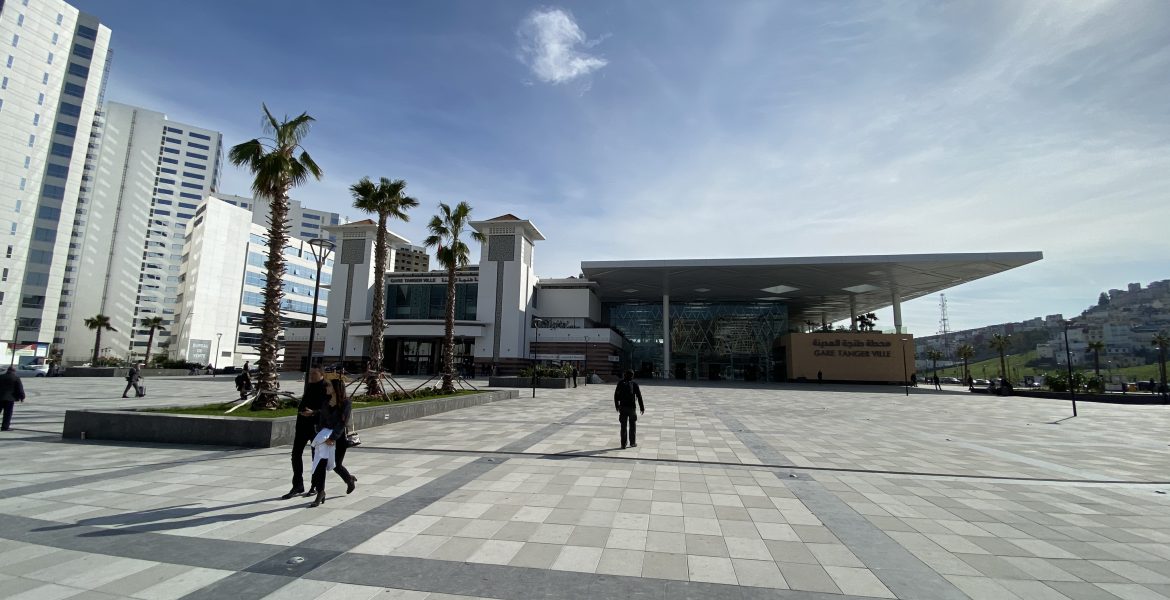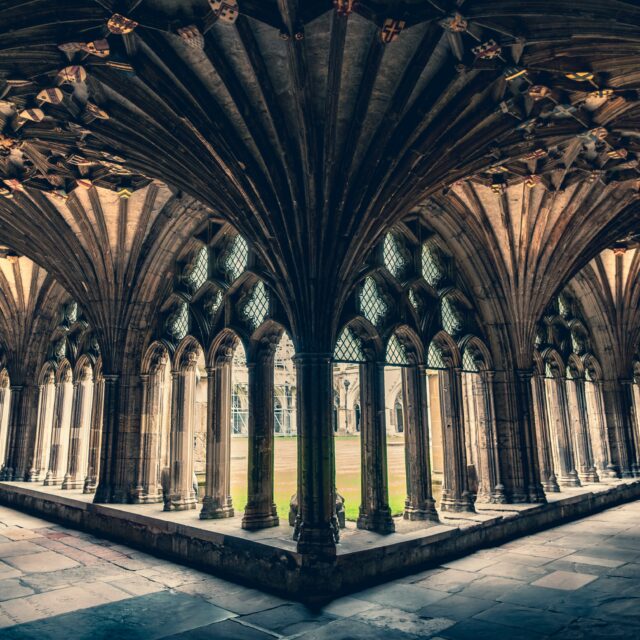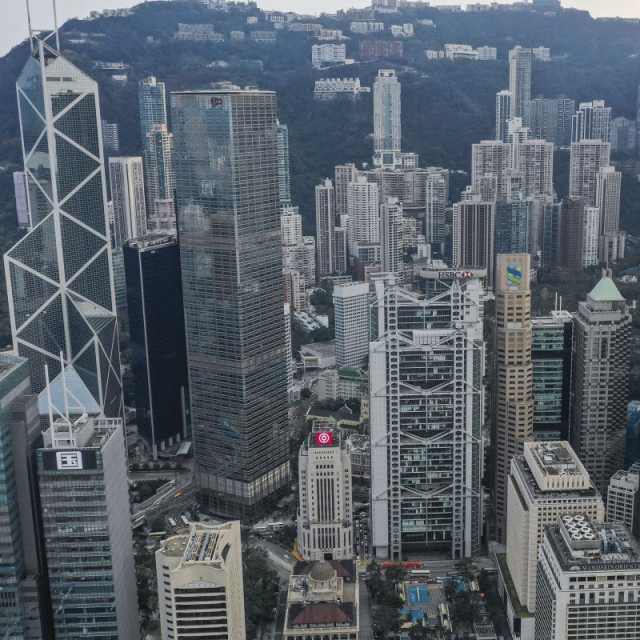Morocco has a target of achieving 52% of its electricity requirements from renewable energy production by 2030. But according to Tarik Hamane the Executive Director and Head of Development of Masen, the country is on track to exceed this target sooner than expected.
“I cannot forecast exactly the margin by which we shall exceed our strategic target, but I am confident that we will reach the milestone of 50% within 3 years from now,” he said.
If only more European countries could match the same ambition and performance!
Masen is the Moroccan Agency for Sustainable Energy, with expertise in solar, wind and hydro power generation. Morocco has a well established strategy and vision to develop sustainable sources of energy for the country, and to protect the environment, making it a logical partner for the EU’s “New Green Deal” to help Commissioner Frans Timmermans to promote solutions and projects to combat climate change in the African continent and beyond.
An early developer of wind power, Morocco’s 9 wind farms have a combined capacity of approximately 2500 MWs. One of the earliest to be developed in Africa, and still the largest on the continent is the Tangier Wind Farm which has a capacity of 140 MWs and contributes about 2.5% of the total national requirement for electricity. It straddles the ridge along the hills stretching from Tétouan to Tangiers at a height of about 650 metres, and generates more than 500 GWhs per annum. Since it was commissioned in 2009 it has already produced a total of 4826 GWhs of electricity, for which the state pays the developer €2.8 per KWh.
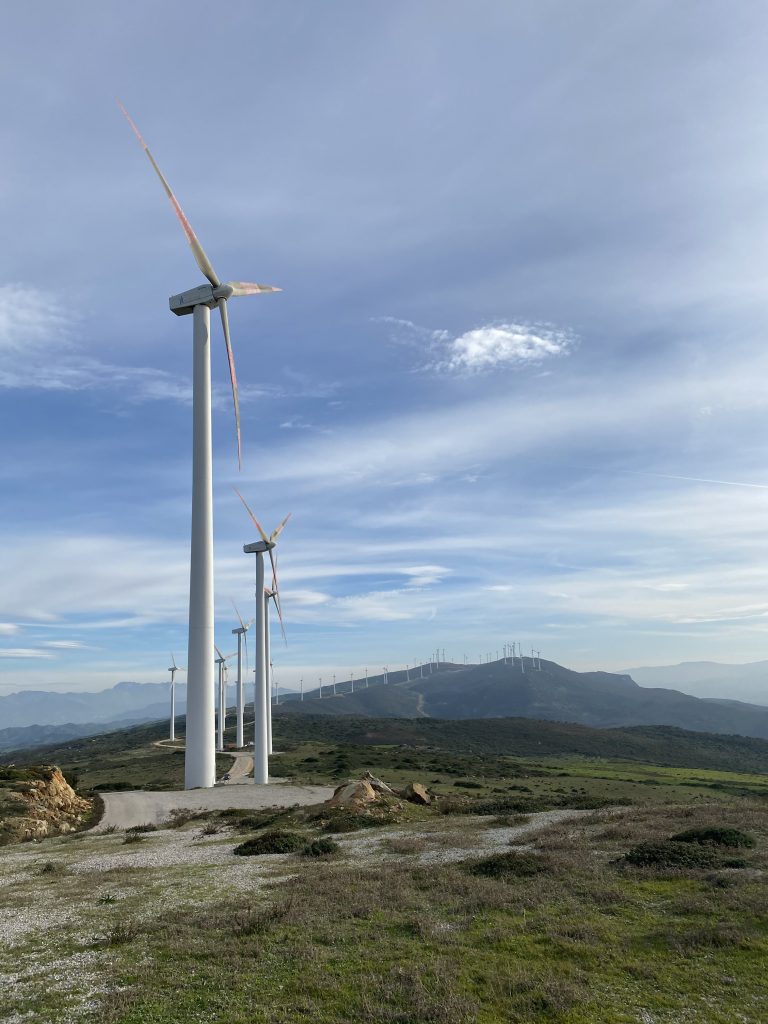
The investment in this infrastructure is due to be paid back in full by 2029, and the operator (The Office Nationale d’Electricité) is already planning to repower the turbines to more than double their current capacity in the future.
There was a team of more than 350 construction workers actively engaged on the Tangier Wind Farm project over 2 years, involving highly skilled precision engineering tasks. With the experience they have gained over more than a decade with successful sustainable energy projects, Masen is now in active negotiation with several neighbouring countries in Africa.
“We have ambitions to be the developer of wind projects in Djibouti, Nigeria, Burkina Faso, Zambia and other countries in the continent,” says Tarik Hamane of Masen.
“We are definitely feeling the effects of climate change in Morocco in respect of global warming and the impact on rainfall, so we need to factor this into our development strategies and design for renewable projects,” he went on to say.
After open public procurement procedures, the contract to construct Tangier Wind Farm was awarded to the Spanish company Gamesa Eolica, who completed the project in just over two years at a total cost of €250 million. Funding came from the Office Nationale d’Electricité, the European Investment Bank, the German Bank KfW and the Spanish Institute for Official Credit ICO. The site covers two hilltop areas to the South and East of Tangier, and comprises a total of 165 wind turbines. The blades for the turbines were constructed in situ to reduce transportation costs.
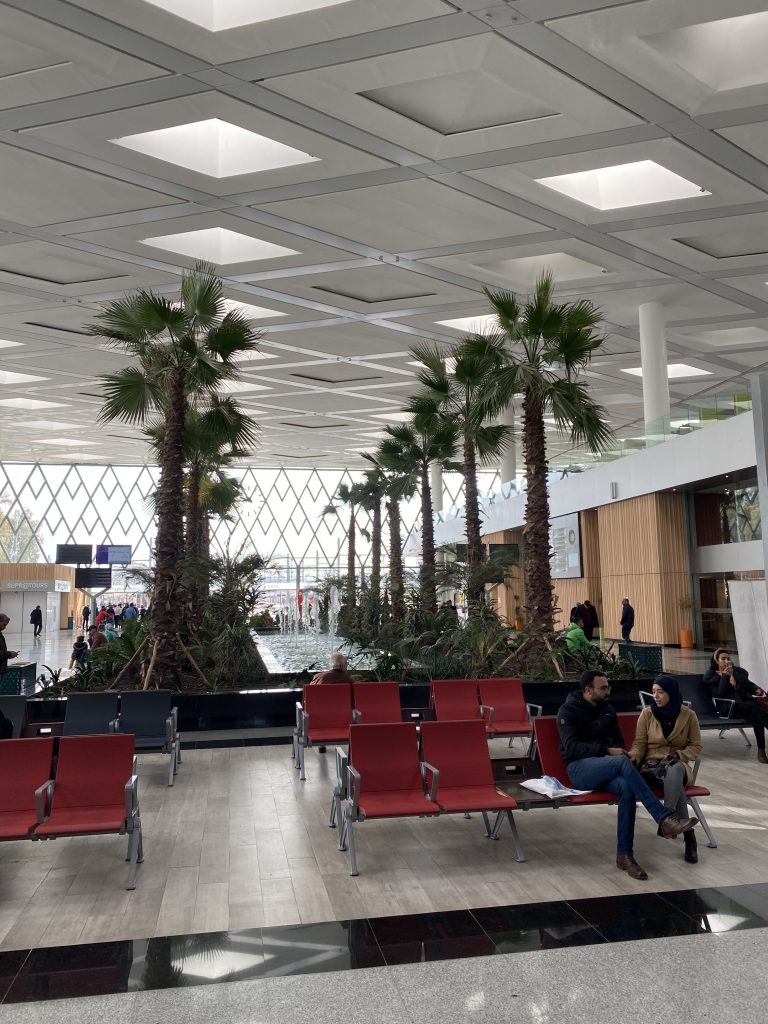
Prior to construction, an environmental impact assessment was carried out, as a result of which measures were incorporated into the overall design and implementation to minimise the wind farm’s environmental impact whilst maximising wind collection. The result is that Tangier Wind Farm helps Morocco to reduce fuel oil consumption by 126 000 tonnes, thereby reducing greenhouse gas emissions by 368 000 tonnes of CO2.
An interesting feature of the strategic development of sustainable energy in Tangier has been the construction of submarine electricity transmission cables between Spain and Morocco, thereby enabling the integration of renewable energy strategies between the EU and Morocco. This also reinforces the role of Tangier as a strategic hub for the region linking Africa and the EU, further emphasised by the completion last year of a high speed rail link between Tangier and Casablanca.
Any visitor to Tangier cannot fail to be impressed by the strength of the economy, the potential for growth and the determination of the Moroccan people that this growth must be sustainable.

